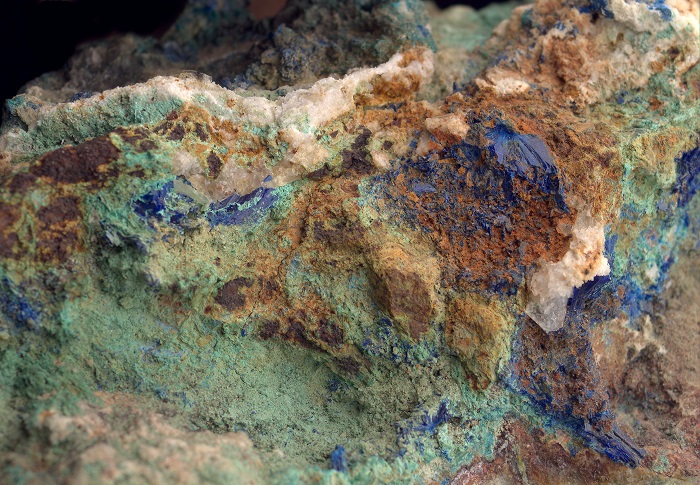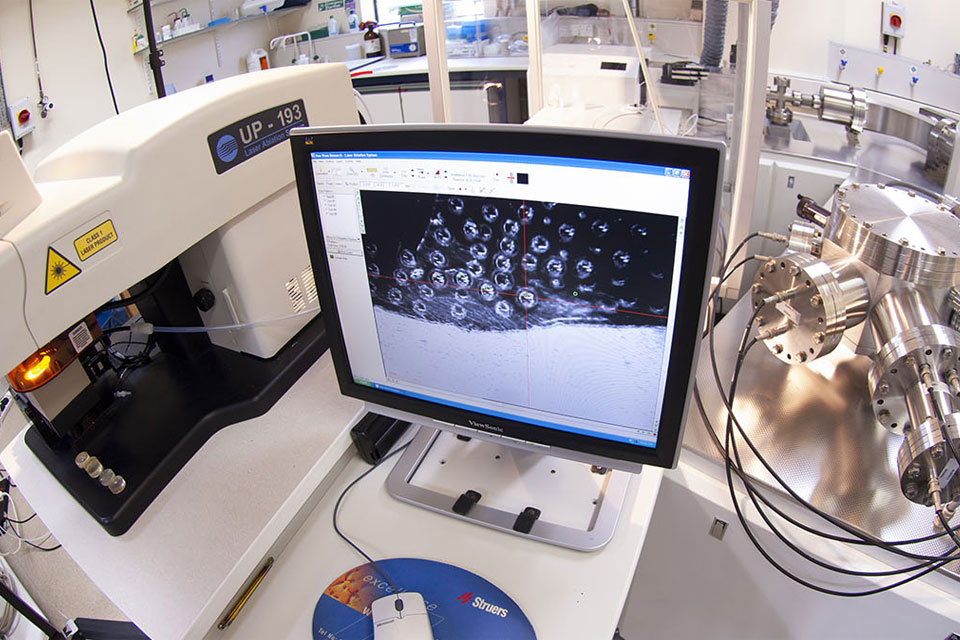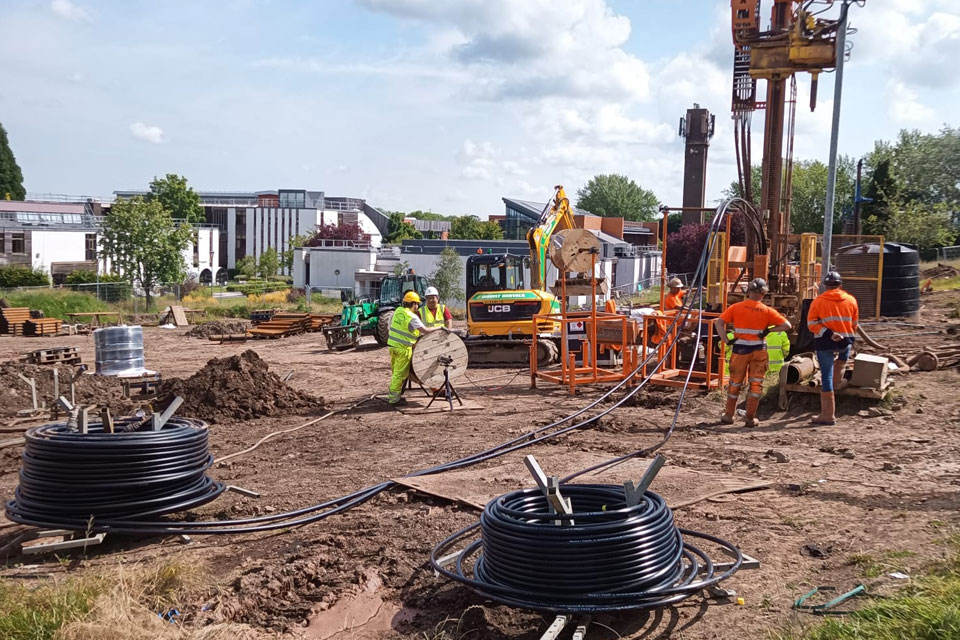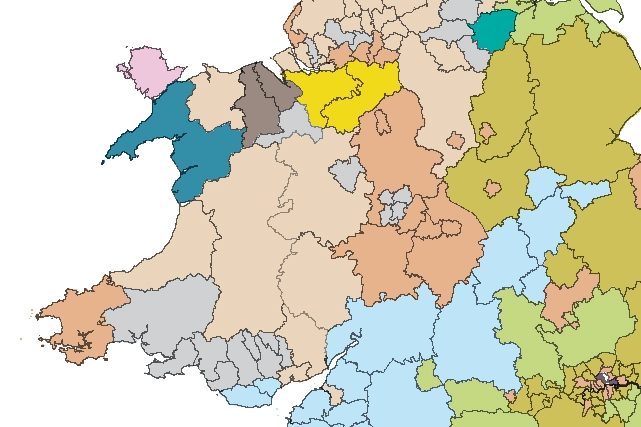UK’s Critical Minerals Intelligence Centre to help build a more resilient economy
The UK’s new centre to collect and analyse information on the supply of critical minerals, which are vital to the UK’s economic success and national security, has officially launched.
04/07/2022 By BGS Press
BGS will deliver the UK’s first-ever centre to collect and analyse information on the supply of critical minerals, from its headquarters in the East Midlands.
The Critical Minerals Intelligence Centre (CMIC) was officially launched today (Monday 4 July) at BGS’s headquarters in Keyworth, Nottingham, by Industry Minster Lee Rowley.
The CMIC will improve the resilience of the UK’s critical mineral supply chain by providing policymakers with up-to-date data and analysis on supply, demand and market dynamics. This data will then be used to develop evidence-based policies aimed at developing more robust critical mineral supply chains to the UK.
BGS is a long-established world leader in the production of statistical data on the global and UK mineral industries, with publications already including World Mineral Production and the UK Minerals Yearbook.
BGS will combine its own resources, expertise and data with those of third parties to provide up-to-date analysis on the supply, demand, and flow of critical mineral supplies around the world, working together with universities and partners in the public and private sectors.
The CMIC will also provide policymakers with advice on emerging issues, including geopolitical, ethical or environmental risks associated with critical mineral sources.
We are extremely pleased to host the new UK Critical Minerals Intelligence Centre. The British Geological Survey has a strong reputation for its work on mineral and metal supply and is internationally known for its expertise on critical raw materials.
Through the new Critical Minerals Intelligence Centre, we are looking forward to building on this track record to provide UK industry and policy makers with high quality information and advice.
Dr Karen Hanghøj, BGS Director.
Critical minerals are essential for manufacturing products that are required for green technologies, national security and daily life, such as electric vehicles, wind turbines, mobile phones and fighter jets.
CMIC builds on work by the Critical Minerals Expert Group, set up by the Government last year, to harness the UK’s expert knowledge on critical minerals.
The UK has announced world-leading targets to decarbonise the economy, which include plans to build an electric vehicle supply chain and transform the energy system using offshore wind and clean hydrogen. Building these technologies and the associated infrastructure will require substantial quantities of critical minerals.
The UK’s current critical mineral needs are met almost entirely from overseas, through complex and dynamic international supply chains. The centre will help the Government and industry understand future UK critical minerals demand, and potential chain supply vulnerabilities.
Paul Lusty, director of CMIC.
The Centre has published its first major milestone, including a study into the future UK demand for and supply security of critical minerals required for electric vehicle batteries.
An important function of the CMIC will be to provide ‘criticality assessments’, which review the criticality of minerals for the UK. BGS undertook the first UK criticality assessment in January 2022.
For more information about the launch of CMIC please read the full press release.
To stay up to date with the CMIC and for more information, please visit the official website.
Relative topics
Related news

Call for new members and Chair to join the NERC facilities steering committees
25/02/2026
New members are needed to join the committees over the next four years.

Your views wanted – developing a ‘Geothermal energy subsurface data portfolio’
24/02/2026
BGS is aiming to support the growth of the sector by providing the best-available, location-specific geothermal and ground source heat information as an accessible product or service.

Map of BGS BritPits showing the distribution of worked mineral commodities across the country
18/02/2026
BGS’s data scientists have generated a summary map of the most commonly extracted mineral commodities by local authority area, demonstrating the diverse nature of British mineral resources.

Funding awarded to map the stocks and flows of technology metals in everyday electronic devices
12/02/2026
A new BGS project has been awarded Circular Electricals funding from Material Focus to investigate the use of technology metals in everyday electrical items.

New UK/Chile partnership prioritises sustainable practices around critical raw materials
09/02/2026
BGS and Chile’s Servicio Nacional de Geología y Minería have signed a bilateral scientific partnership to support research into critical raw materials and sustainable practices.

Extensive freshened water confirmed beneath the ocean floor off the coast of New England for the first time
09/02/2026
BGS is part of the international team that has discovered the first detailed evidence of long-suspected, hidden, freshwater aquifers.

Funding secured to help mitigate ground risk in UK construction sector
05/02/2026
The BGS Common Ground project has been awarded new funding to help unlock the value of ground investigation data.

Can sandstones under the North Sea unlock the UK’s carbon storage potential?
02/02/2026
For the UK to reach its ambitious target of storing 170 million tonnes of carbon dioxide per year by 2050, it will need to look beyond the current well-studied geographical areas.

Quaternary UK offshore data digitised for the first time
21/01/2026
The offshore wind industry will be boosted by the digitisation of a dataset showing the Quaternary geology at the seabed and the UK’s shallow subsurface.

Suite of ten new soil reference materials released
02/01/2026
BGS has a longstanding track record of producing high-quality reference materials and has released ten new soil reference materials.

Perth and Kinross tops the UK’s earthquake activity charts for 2025
29/12/2025
Seismologists at BGS have published data on the number of seismic events over the past 12 months with over 300 earthquakes recorded.

BGS awarded funding to support Malaysia’s climate resilience plan
17/12/2025
The project, funded by the Foreign, Commonwealth & Development Office, will focus on minimising economic and social impacts from rainfall-induced landslides.



